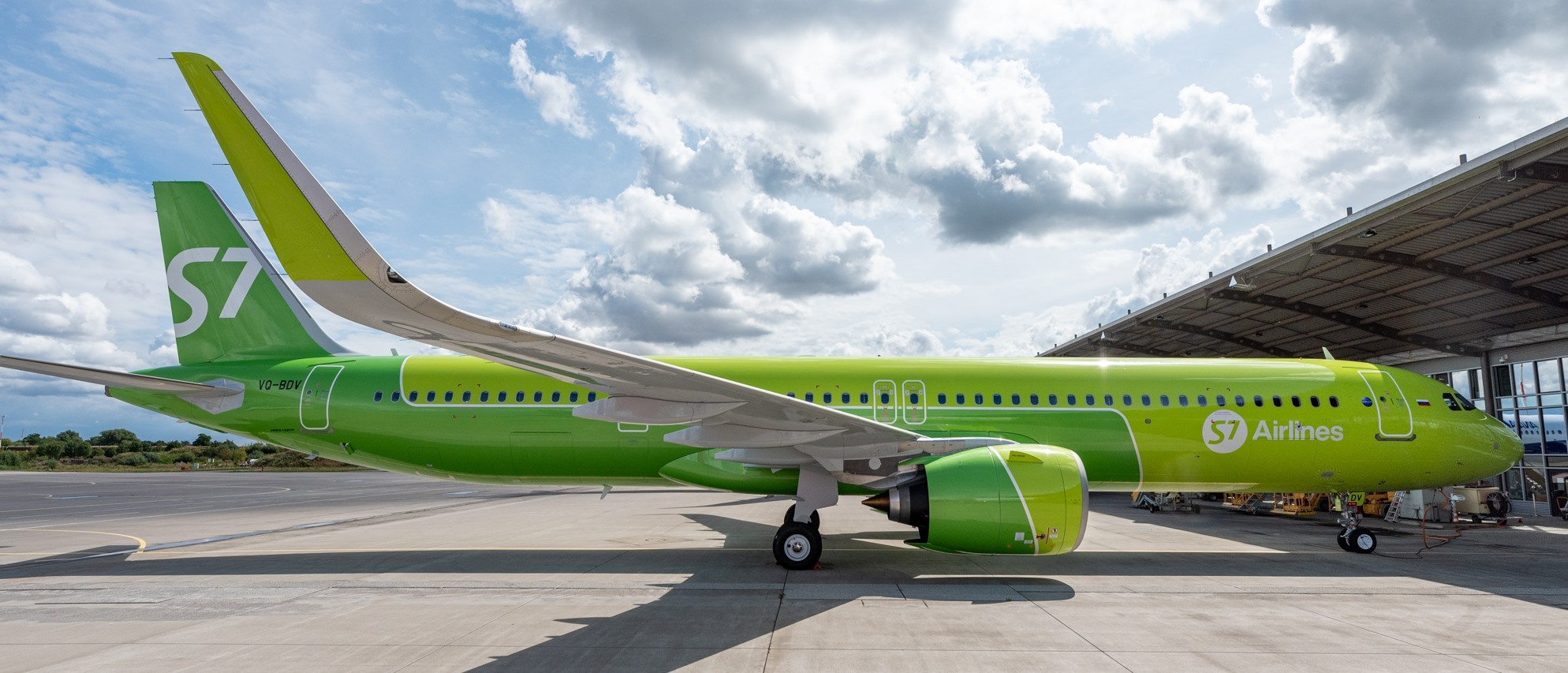


Russian airlines have grounded 34 of their 66 Airbus A320neo family aircraft due to unresolved engine issues exacerbated by Western sanctions, the Kommersant business newspaper reported Thursday, citing anonymous sources familiar with the matter.
The grounded jets are equipped with engines made by Pratt & Whitney, a subsidiary of RTX Corporation, formerly known as Raytheon. Last year, RTX identified a “rare condition” in the metal used for manufacturing certain engine parts, requiring “accelerated removals and inspections.”
Sanctions imposed on Russia have heavily impacted its aviation sector, halting the delivery of new aircraft and spare parts from major manufacturers Boeing and Airbus. Kommersant said that without proper maintenance, the A320neo and A321neo aircraft are expected to be decommissioned starting in 2026.
The A320neo and A321neo models account for about 10% of the foreign-made aircraft in Russia’s fleet, potentially disrupting 10-15% of passenger air traffic in 2025 and beyond.
The company hit hardest has been S7 Airlines, which has suspended 31 out of its 39 A320neo and A321neo aircraft, all aged between three and seven years.
According to Kommersant, the airline plans to conserve the planes’ engines until the next high travel season, when it hopes to return most of the planes to service. However, two other sources said that the engines on more than 20 of S7’s Airbus planes have already reached the end of their operational lifespan.
In addition to S7’s fleet, there are 27 other A320neo and A321neo aircraft in Russia. However, most of these are equipped with French-made LEAP engines, which are considered somewhat less problematic than Pratt & Whitney engines.
If no new repair options emerge, Russia could have to start retiring its Airbus planes on a large scale by 2026.
A320/A321neo models make up about 10 percent of foreign long-haul planes in Russia. Kommersant’s sources said they don’t expect these planes’ removal from service to have a major impact on the overall volume of air travel in the country.
Since March 2022, major Western manufacturers like Airbus and Boeing have suspended aircraft parts and maintenance support, severely damaging Russian airlines, including Aeroflot, the country’s flagship carrier.
Since the sanctions took effect, Russia has invested over US$12 billion to sustain its civil aviation industry. This funding has been allocated to aircraft production and airlines’ financial aid.
To address these sanction induced disruptions in aviation sector, Russia has ambitious plans to supply Russian airlines with up to 1,000 domestically produced aircraft by 2030. However, production delays remain a major challenge.
You may like to read.....
